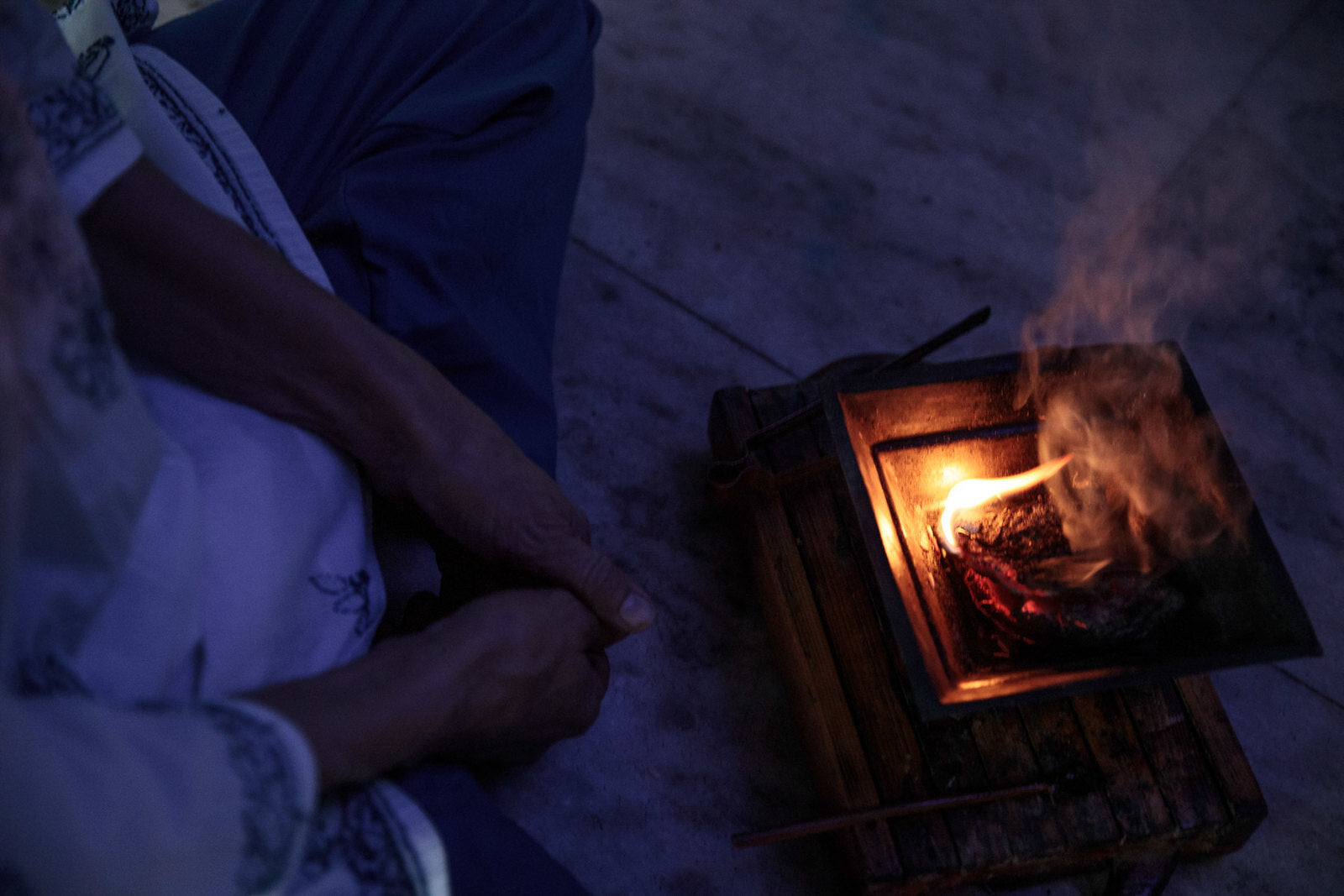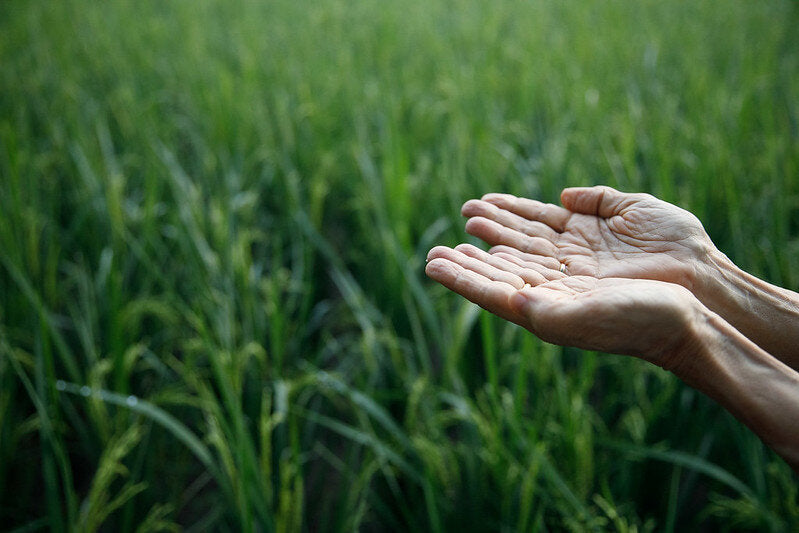
I recently returned from a visit to India, where I attended the 5th International Conference on Ayurveda. My visit to the conference and Vaidyagrama Healing Village, where it was held, was very rejuvenating. The villages around the hospital have been completely converted to integrate the Ayurvedic lifestyle that is followed in the treatment center. The surrounding areas have rich vegetation and flowering wildlife. Coconut trees, vegetables, cows and flowers that attract butterflies too beautiful to photograph have to be experienced. I felt the peace settle in upon arrival: it’s a magical place at the edge of Kerala, God’s own land.
The conference was truly international. It attracted students, teachers and practitioners from all over the world. Many students came from the Bachelor's program of Ayurveda, Medicine and Surgery, while the presence of Western leaders, such as Dr. Vasant Lad, Dr. Robert Svoboda, Dr. Claudia Welch and Myra Lewin attracted many American students of Ayurveda, Jyotish, and Yoga. It was a great opportunity for me to study with and talk to students and practitioners from many different programs and paths.
Myra Lewin spoke about how the kleshas, or causes of suffering, affect us in our daily life and how we can move beyond them. In her work with clients, she applies the principles of 12 Step programs in cases of addiction that are the consequence of the third klesha, raga (attachment), taking over. But it’s easy to see how all five kleshas are connected. Avidya (ignorance) feeds the ahamkara (ego) when we’re in denial of our problems and focus our attention on not looking “bad” in front of others or the society. Raga (attachment) then arises and makes us cling to an idea, person, substance or even emotion, maybe to create drama around us. When we don’t accept our feelings and move on from them, addiction arises. Dvesha (aversion) to our addictions can be the next step. This can be seen in non-acceptance of others or ourselves as they are. Finally, there is abhinivesha (fear of death), which springs from a fear of suffering. We’re afraid to lose what we have or not get what we need or want.
What stayed with me the most is something I’ve heard many times before, but always needs to be repeated: Remember who you are as an eternal spirit. When I come back to that realization, it makes it easier to not have the worldly experience become too big and important. This applies to modern times as easily as it did thousands of years ago when the kleshas were first outlined.
Another talk that touched me deeply during the conference was by the founder of Service Space, a beautiful organization run only by volunteers. They’ve built an organization based on acts of kindness. They encourage us to pay it forward and remind us that everyone can be a great giver. If only we step outside the box and look at what you have to offer, we all have so many resources, not just financial. The most important thing to give is engagement with your heart and soul, the gift of time and care. We can all start here and now though, with simple gifts of kindness to our surroundings. The founder, Nipun Mehta, has some extraordinary talks available online; here are a few to inspire you.
In my time at the conference, I became familiar with many practices that we haven't touched upon in Sweden and other Western countries. Some cannot be translated exactly into our culture, but the concept of them can. After all, Ayurveda means the science of life, not the science of India. It's a science that translates to every country and being all over the world.
online Ayurveda training with Myra

